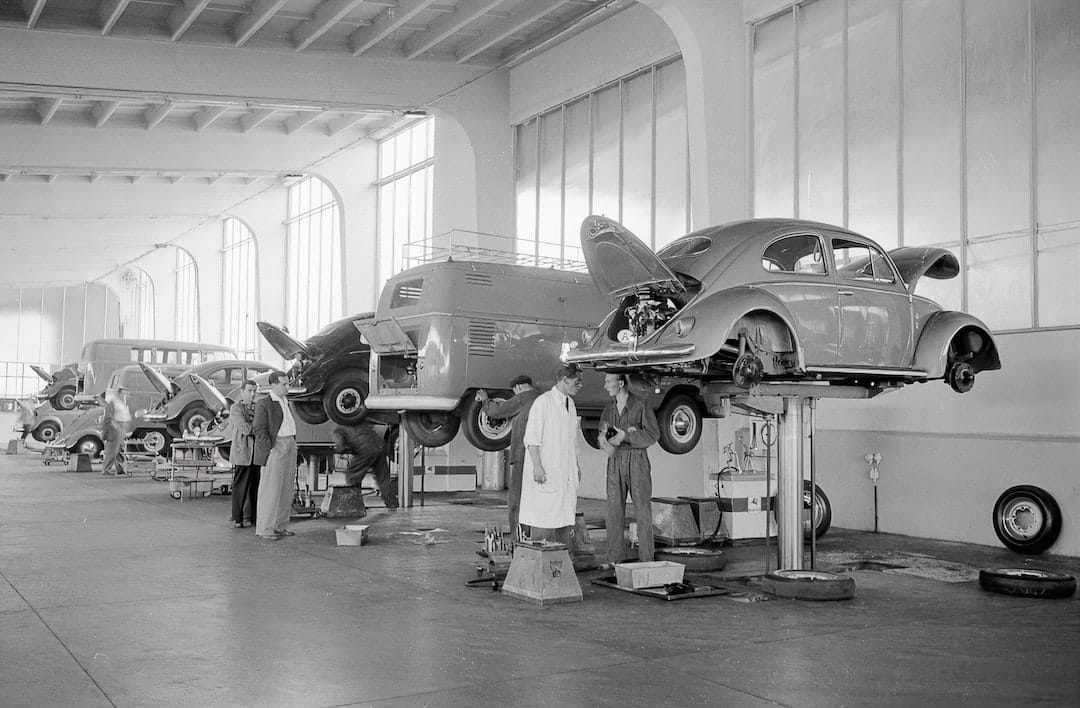Why is work still stuck in the 1930s?

When they write the obituary of the COVID-19 pandemic there will be a chapter in there somewhere about how it got us, through gritted teeth and lots of resistance, to move away from a model of labour relations derived from a century-old American legislation to something better suited to highly-educated, mobile, flexible and self-motivated knowledge economy workers.
Which wouldn’t be saying much.
I wrote my Ottawa Citizen column on the section of the PSAC deal that says requests for remote work have to be handled individually by managers and I am about fit to be tied.
When you are dealing with highly-educated, highly-skilled professionals, what do you care where they sit to do their job? Or, frankly, what time they do it at? You can certainly set some expectations that you need to know they are reachable during specified hours, but if your highly creative, self-motivated employee finds that she does her best work at the pool while her teenager trains with their swim team, what do you care that the work gets done at 5 am instead of 1 pm in the office?
And no, you don’t get to talk about productivity. Employees who deliver on their deliverables are productive, no matter where they are or what time they’re up.
In the end it comes down to trust and control freakery. And really, if you are the kind of manager who doesn’t trust their employees to do their work unless you are directly watching them, don’t be surprised to find yourself alone as all your best employees leave you one after the other to go work for someone who treats them with the respect they’ve earned.




